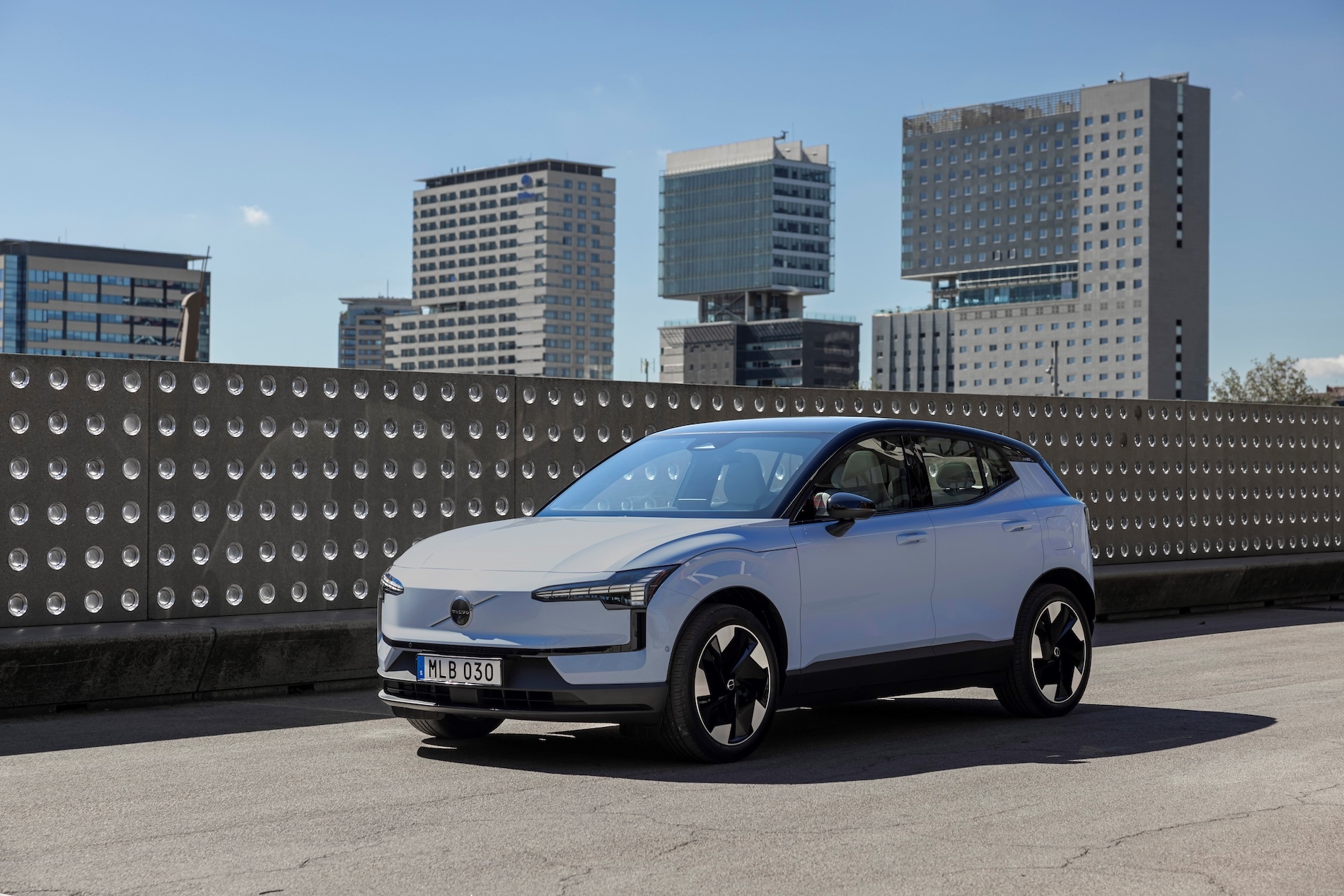
Volvo Cars announced a 1% increase in global sales for September 2024, selling 62,458 vehicles—slightly higher than the same period last year. A key highlight was the surge in demand for the brand’s electrified models, including fully electric and plug-in hybrid vehicles. These models grew by 43% year-over-year, accounting for 48% of total sales during the month. Fully electric cars alone made up 24% of the monthly total, marking a significant shift toward sustainable transportation.
With cumulative global sales reaching 560,922 cars from January through September, Volvo Cars reported a 10% increase compared to the same period in 2023, signaling strong momentum despite challenging market conditions.
Volvo’s electrified models performed exceptionally well in Europe, with sales rising 52% year-over-year. Out of the 31,276 cars sold in the region for September, 66% were electrified models, showcasing a growing consumer preference for eco-friendly mobility solutions.
The EX30, Volvo’s new compact SUV, played a significant role in driving this growth. "The overall market picture remains volatile and uncertain, but we are encouraged by a solid performance in Europe, especially for our electrified car portfolio, spearheaded by the EX30,” said Björn Annwall, Chief Commercial Officer and Deputy CEO of Volvo Cars.
Fully electric car sales in Europe surged 89% in September compared to the same month last year. Volvo delivered 11,760 fully electric vehicles, showing the company’s dedication to meeting European customers' demand for zero-emission alternatives.
In the U.S., Volvo experienced a 22% drop in sales, with 8,518 units sold in September. The decline was partly attributed to public holidays disrupting operations. However, a bright spot was the 43% increase in plug-in hybrid sales, signaling ongoing interest in hybrid options among American buyers.
Sales in China also fell 16% year-over-year, reaching 12,915 units in September. Volvo cited challenging macroeconomic conditions as a factor for the decline. However, sales of electrified models in China saw modest growth, increasing 7% from the previous year. Notably, 1,363 electrified cars were sold, reflecting growing but uneven adoption of sustainable vehicles in the region.
Among Volvo’s product lineup, the XC60 continued to be the company’s best-seller, with 18,096 units sold in September. However, this was a decline compared to the 20,243 units sold in the same month last year. The XC40 and EX40 followed, with a combined total of 13,930 units sold. The newly launched EX30 saw impressive demand, contributing 9,610 units despite being introduced only recently.
Volvo Cars' performance in 2024 reflects a steady transition toward electrification. Between January and September, the company sold 256,749 electrified cars, marking a 33% increase compared to the same period in 2023. Fully electric vehicle sales alone rose by 66%, totaling 133,551 units—a clear sign that Volvo’s efforts to expand its electric portfolio are bearing fruit.
In the plug-in hybrid segment, Volvo saw a 25% increase in sales for September, with 14,931 units sold. This growth aligns with the company’s strategy of offering a range of hybrid and fully electric options to cater to different market needs.
Björn Annwall highlighted the importance of staying agile in a volatile market: “While there are challenges, our strong performance in key regions like Europe and growing demand for electrified models give us confidence.”
Volvo Cars' September sales report demonstrates the brand's commitment to electrification and sustainable mobility. With nearly half of all cars sold in September being electrified models, and a growing customer base for fully electric vehicles, the company is making strides toward its goal of becoming a fully electric carmaker.
Interested in keeping up with the latest Volvo news updates? You can keep reading our blog here for more information!
 AdChoices
AdChoices